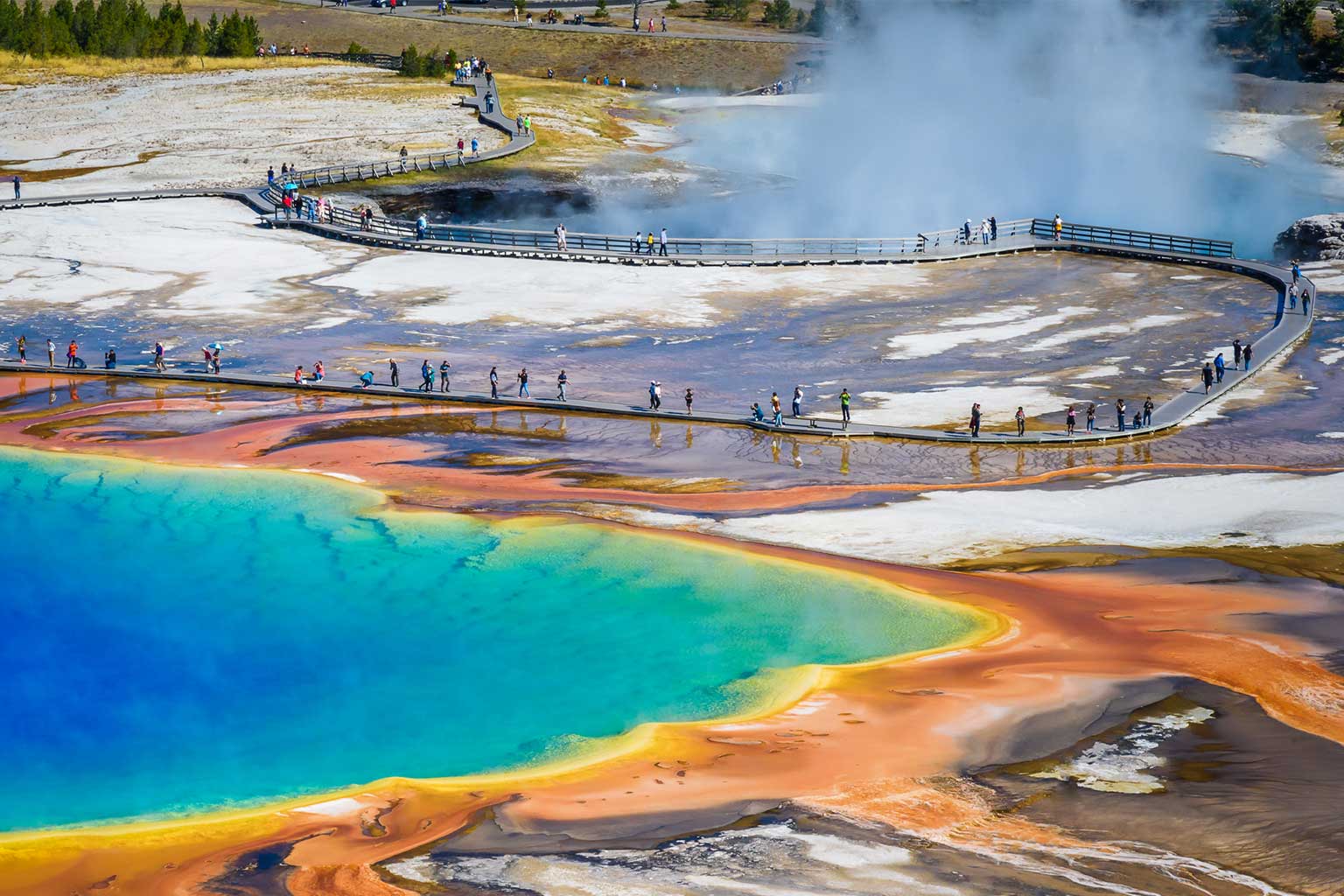
Wagner points out that it has become acceptable to say that markets don’t work, just look at “the demise of Lehman Brothers and the subsequent swoon of the global economy.”
The next time you hear someone say this, you can tell them they’re wrong for two reasons: Lehman Brothers is more a symptom of what happened rather than the underlying cause, and it was guided by much larger forces than itself. Markets, in fact, work all too well. They are an aggregator of wishes and desires, however misguided they may be.
Furthermore, how can we say that markets don’t work when we are “far from having anything approaching a free market?”
Fossil fuel subsidies and various other loopholes and distortions make the playing field uneven. More significantly, we violate one of the most basic tenets of economics, that there is no free lunch. In reality, it turns out, we all get a steady stream of free passes. It starts in the financial sector, where the benefits of bankers’ actions are often and almost entirely privatized: They pocket the bonus if the bet pays off. But the costs are socialized: Bankers pay but a tiny fraction of the costs of their failed bets; society pays. The fundamental mismatch, as evidenced by the collapse of Lehman Brothers, has enormous consequences for the rest of us.
So what can be done? Perhaps more people should study economics. When people think about economics, Wagner writes, “their minds turn to business and finance. But economics goes beyond these fields, and the difference between business and economics goes beyond size.” Economics is about a way of thinking. “Economics is organized common sense,” and as Wagner points out, “If there is anything we need right now to guide our economy and the planet out of this dual malaise, it’s more common sense.”


